
By Durrant Pate
There is growing popularity of the underground Bitcoin remittance network in Cuba, as nationals find new ways of circumventing America’s embargo sanctions imposed on the communist Caribbean island back in 1962.
Cuba’s rise in interest in Bitcoin comes amid reports of nationals increasingly turning to Bitcoin to circumvent sanctions imposed by the United States and gain access to digital financial services. A report by Cuba’s AFP news agency pointed to remittances sent from the United States to Cuba often pass through a clandestine network of “crypto enthusiasts” before being converted into Cuban pesos.
This network is growing in popularity given the announcement last week that more than 400 Western Union offices in Cuba will close their doors due to new embargo regulations imposed by the Trump administration. The announcement was made by Fincimex, the Cuban military company that controls remittances to Cuba.
Western Union handles the lion’s share of remittance sent to Cuba from the United States. AFP reports that anyone who wants to send remittances to Cuba must buy Bitcoin and send it through a Cuban crypto exchange called BitRemesas.
Bitcoin worth the risk for embargo-crippled Cubans?
The network allows cryptocurrency users on the island to bid to offer recipients the best price for their Bitcoins via WhatsApp or Telegram. Based on the BitRemesas network, a middleman from the network receives on average, up to a 25% commission for their part in this operation, which is described as risky and legally questionable.
After a deal is reached, a time and date to consummate the trade between the counter parties is made. They trade Cuban pesos for Bitcoins.
While the groups involved in establishing this network are informal and self-organized, thousands of Cubans appear to be utilizing their services with individuals often endure long bike journeys to finalize transactions. It has been reported that most of the 10,000 Cubans, who use Bitcoin on the island do so in secret but there is no denying the fact that a growing number of citizens are interested in the cryptocurrency as other major digital payment options like PayPal are unavailable.
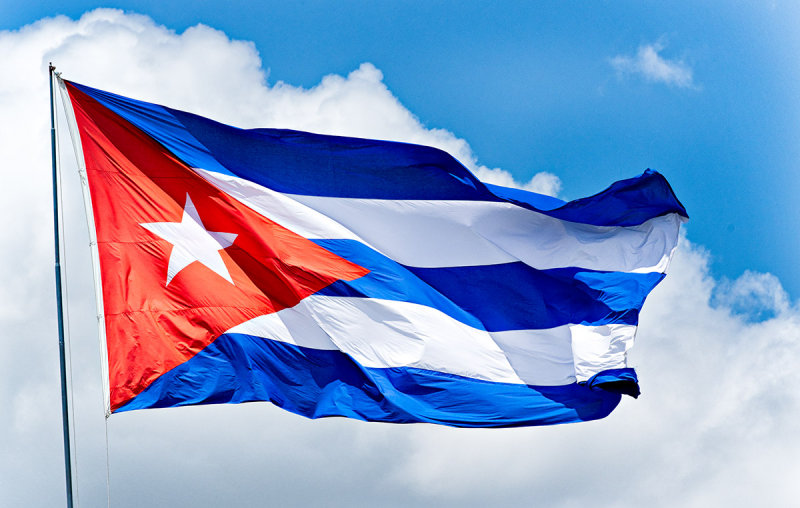
Cuba is apparently seeing an influx of Bitcoin related activity, as interest in Bitcoin is on the rise in the country. Google Trends ranks Cuba as second in terms of Bitcoin interest over the past 30 days, following Nigeria, which has remained as the top country searching for Bitcoin on Google since April 2020.
In late October, a local programmer and YouTuber, Erich García called on Cubans to use Bitcoin for cross-border remittances, urging those interested to send payments to the island through Bitcoin and send it through a BitRemesas Italian-Cuban entrepreneur Mario Mazzola in April 2020 launched Cuba’s first decentralized Bitcoin exchange, Qbita.
The rest of Google’s top five regions searching for Bitcoins are on the African continent. They include South Africa, Cameroon and Ghana. As major digital payment firms like Mastercard, PayPal, Union Pay and Stripe are unavailable to Cubans, the matter of COVID 19 has made local payments even more complicated in the communist republic.
The new exchange aims to allow Cubans to buy and sell Bitcoin as major crypto services like LocalBitcoins and Paxful are not accessible in Cuba.

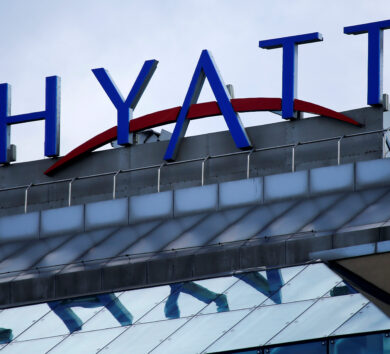
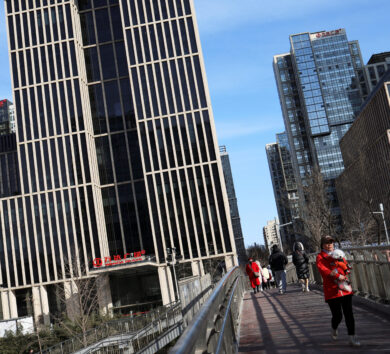

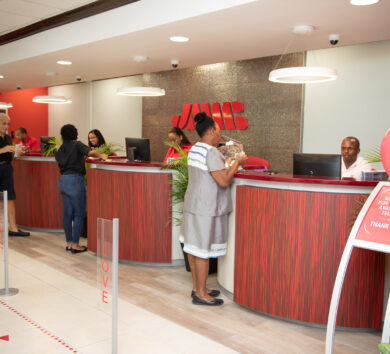

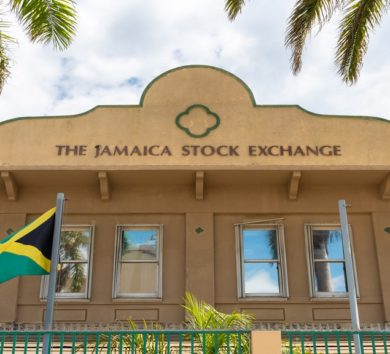
Comments